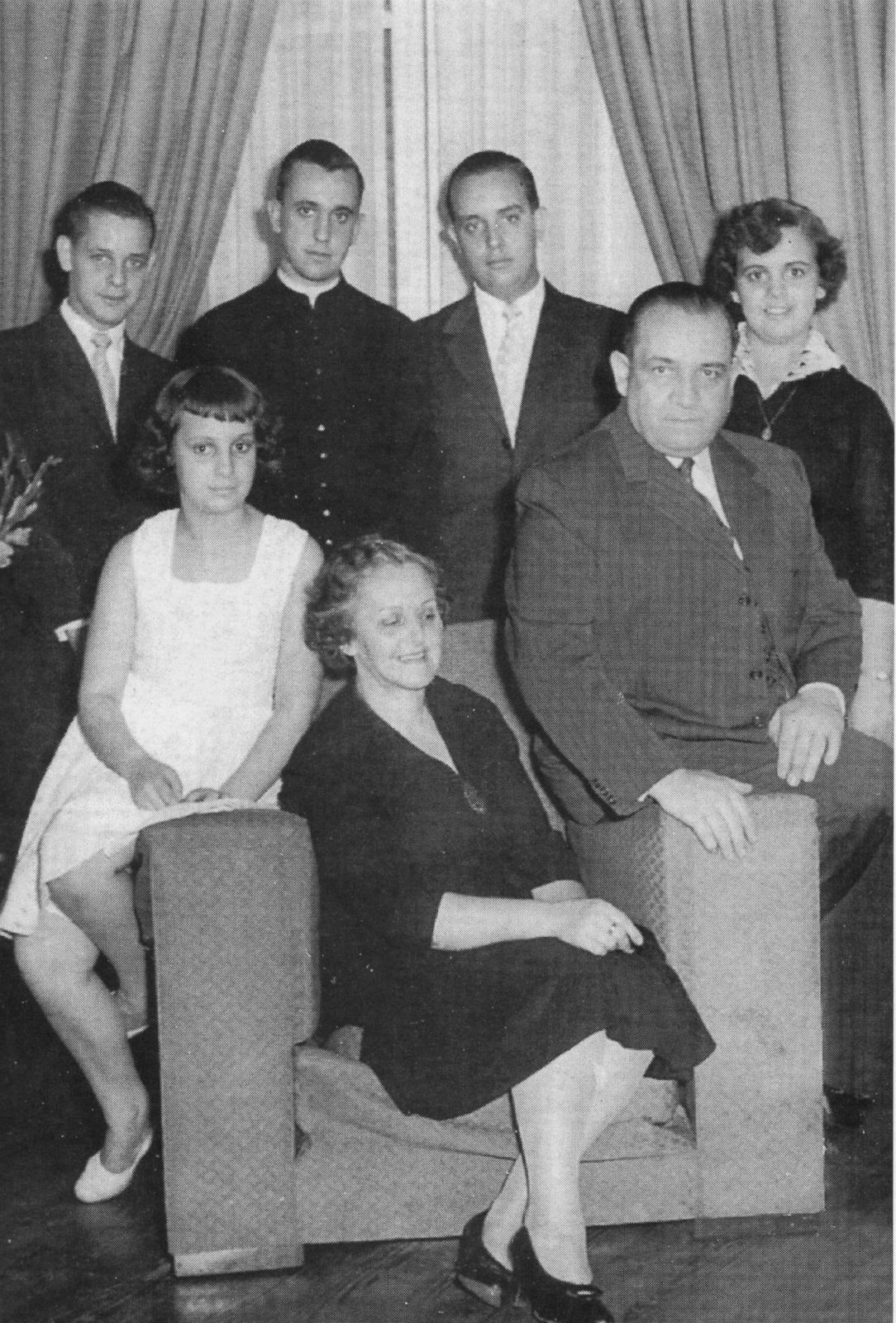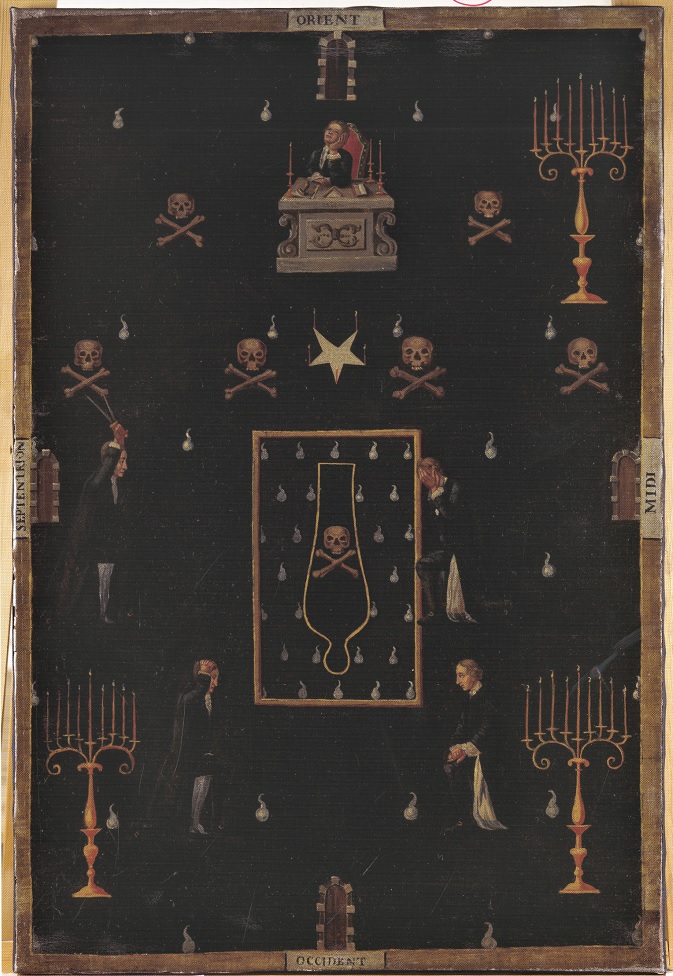Is the relationship between the Catholic Church and Freemasonry destined for perpetual conflict? The Vatican's recent reaffirmation of its prohibition against Catholics joining Masonic lodges underscores a centuries-long struggle, a clash of ideologies, and a complex interplay of faith and secret societies that continues to resonate in the modern world.
The Dicastery for the Doctrine of the Faith, in a document bearing Pope Francis's signature, has once again declared that Catholics are forbidden from becoming Freemasons. This reiteration, a response to a query from Bishop Julito Cortes of Dumaguete in the Philippines, serves as a clear statement of the Church's stance. It isn't a new decree, but a restatement of existing doctrine, aimed at clarifying any ambiguity that might exist on the matter. This prohibition, as the document plainly states, extends to active membership in Freemasonry for all members of the faithful. The historical context of this ban is crucial to understanding its persistence.
| Category | Details |
|---|---|
| Historical Context | The roots of the conflict stretch back to the 18th century. In 1737, the Inquisition condemned a Masonic lodge in Florence, Italy, established in 1733 by the English Freemason Charles Sackville, 2nd Duke of Dorset. This early condemnation set a precedent for future clashes. |
| Key Players | Pope Leo XIII, whose image was satirized in an 1884 political cartoon depicting him at war with Freemasonry, is a significant figure in the historical context. Current leaders like Pope Francis, as the head of the Catholic Church, and Cardinal Victor Fernández, Prefect of the Dicastery for the Doctrine of the Faith, are central to the present reaffirmation. |
| Doctrinal Stance | The Vatican's primary objection is the perceived incompatibility of Masonic tenets with Catholic doctrine. Freemasonry's embrace of principles such as religious relativism and naturalistic ethics is seen as fundamentally at odds with the Church's teachings on salvation, revelation, and the unique role of Jesus Christ. |
| Reasons for Prohibition | The Church sees Freemasonry as promoting a naturalistic ethic and religious relativism, which conflict with Catholic dogma. Concerns also revolve around the secrecy and potential for conflicts of loyalty inherent in Masonic membership. |
| Current Reaffirmation | The recent declaration, signed by Pope Francis and Cardinal Fernández, reaffirms the historical prohibition against Catholics being active members of Freemasonry. |
| Reference Website | Vatican News |
The Vatican's concerns about Freemasonry are deeply rooted in historical and theological considerations. The Church views Freemasonry's teachings as potentially conflicting with its own doctrines. The emphasis on naturalistic ethics and religious relativism, core tenets of many Masonic traditions, is seen as incompatible with the Catholic Church's belief in a revealed religion centered on Jesus Christ. The secrecy surrounding Masonic rituals and the potential for divided loyalties have also contributed to the Vatican's ongoing wariness.
The historical context of the conflict cannot be overstated. The seeds of this opposition were sown in the 18th century. One of the initial confrontations occurred in Florence, Italy, where the Inquisition investigated a Masonic lodge established in 1733, later condemning it in 1737. This early condemnation set a precedent for the Church's future stance, marking the beginning of a long and complex relationship.
This isn't merely a matter of conflicting beliefs; it's also a struggle for influence and authority. Freemasonry, with its emphasis on brotherhood, mutual support, and sometimes, political involvement, has often been viewed with suspicion by the Church. In some historical periods, the Church saw Freemasonry as a rival, an organization that could potentially undermine its authority and influence. The Church’s doctrinal concerns are often fueled by the perceived threat that Freemasonry poses to its core tenets and its authority over the faithful.
The Vatican's recent reaffirmation is not an isolated event. It is part of a long-standing tradition of vigilance regarding Freemasonry. The Church has consistently sought to clarify its position, issuing numerous pronouncements over the centuries. This latest statement, therefore, isn't a radical departure but a continuation of a carefully maintained policy. The Church's reaffirmation of the ban is a way of reinforcing this policy in the face of shifting societal views and continued interest in Freemasonry.
The language used in the Vatican's declarations is precise and unambiguous. The prohibition targets active membership in Freemasonry, indicating that the Church's concern is with those who actively participate in Masonic activities and espouse Masonic principles. This clarity aims to prevent misinterpretations and ensure that Catholics understand the implications of joining Masonic lodges. It underlines the seriousness with which the Church views the issue, ensuring that its position remains clear.
The reactions to the Vatican's pronouncements are diverse. While the Church reaffirms its prohibition, Freemasons and their supporters may offer different perspectives. Some may argue that the Vatican's concerns are outdated or based on misunderstandings of Masonic principles. Others may emphasize the compatibility of Freemasonry and Christianity, or the charitable work performed by Masonic organizations. These differing viewpoints highlight the complexity of the issue and the ongoing debate.
The influence of Freemasonry within various societies, as well as its evolving nature over time, further complicates the matter. Freemasonry is not a monolithic entity. Different Masonic traditions and lodges exist, each with its particular interpretations of Masonic principles and practices. Some lodges may be more aligned with Catholic teachings than others, though the overarching tenets remain the same. This diversity creates challenges for the Church, as it must evaluate the compatibility of Freemasonry with its doctrines.
The recent reaffirmation of the ban prompts several questions for reflection. What are the implications of this prohibition for Catholics who are considering joining or are already members of Masonic lodges? What are the potential consequences for individuals, the Church, and the relationship between the two? It also raises the question of how the Church will continue to address the issue. Further clarification or additional statements could be issued by the Vatican in the coming years. The future will likely see the continuation of dialogue and debate.
The Church's stance on Freemasonry has its roots in historical events and doctrinal conflicts. The Church’s disapproval comes from the tenets and activities of Freemasonry which it sees as conflicting with its religious dogma. The ongoing pronouncements from the Vatican reiterate the Church’s concerns and reinforce its existing prohibition. The dialogue and debate are far from over. The relationship between the Catholic Church and Freemasonry remains a dynamic and complex issue. The Vatican's recent actions underscore a lasting struggle, a clash of philosophies, and a continuing interplay of faith and secret societies that persists into the modern era.
The Vatican has responded to inquiries from various sources, including a question from Bishop Julito Cortes of Dumanguete in the Philippines, confirming the Church's stance. The reaffirmation indicates the Church’s continued vigilance in safeguarding its doctrines and ensuring that its members are aware of its teachings regarding organizations perceived as incompatible with Catholicism.
The debate surrounding Freemasonry and the Catholic Church is not only a theological matter; it is also a subject of considerable public interest. The secrecy surrounding Freemasonry, coupled with its historical significance, has contributed to its enduring appeal and generated a lot of curiosity. The Church's statements often attract significant media attention and public discussion. This makes the topic a continuing focus of commentary and debate.
The interplay between the Church and Freemasonry is also a reflection of larger questions regarding faith, belief, and belonging. The Church's stance on Freemasonry raises questions about the boundaries of religious affiliation and the compatibility of different belief systems. It encourages consideration of how different ideologies coexist in the modern world. This also brings up questions concerning the evolution of religious institutions and how they adapt to evolving social and cultural norms.
The Vatican's reaffirmation serves as a reminder of the complexity of the issues involved. It highlights the continuing significance of historical conflicts, theological debates, and social realities. The ongoing relationship between the Catholic Church and Freemasonry underscores the enduring tension between faith, secrecy, and societal influence.



